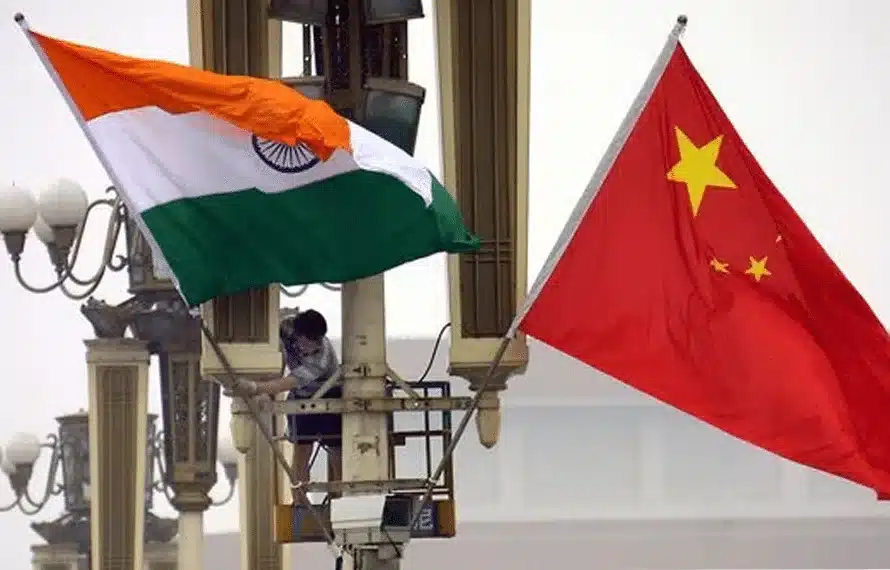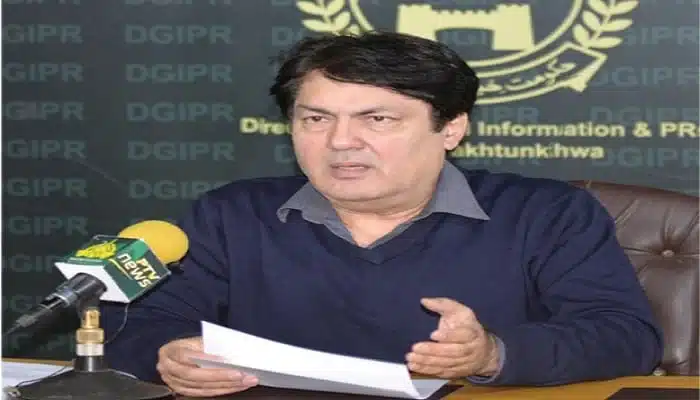In a move seen by many as a calculated assertion of power, China has once again reasserted its territorial claims over parts of Arunachal Pradesh—Indian-administered territory—by releasing a list of “standardised” Chinese names for 27 locations in the region.
This latest action marks the fifth time Beijing has attempted to rename areas within what it calls “Zangnan,” which it claims as part of the Tibetan Autonomous Region.
The Chinese Ministry of Civil Affairs said it published the new names in accordance with state guidelines on geographic nomenclature.
The renamed locations include 15 mountains, five residential areas, four mountain passes, two rivers, and a lake—each assigned names in Chinese characters, Tibetan, and pinyin, complete with exact coordinates and a high-resolution map.
While China justifies the move as a routine administrative update, the timing has raised eyebrows across the region, coming days after India suffered a significant military and diplomatic embarrassment in its recent clash with Pakistan.
The Pakistani operation, Bunyanum Marsoos, reportedly left Indian forces rattled and provoked an unusual wave of national soul-searching within India. Observers suggest Beijing may be capitalising on India’s moment of vulnerability to reassert its own territorial ambitions.
Read also: China-US signed trade agreement to reduce mounting tariffs
India’s Ministry of External Affairs was quick to condemn the renaming exercise as “vain and preposterous,” reiterating that “Arunachal Pradesh was, is, and will always remain an integral and inalienable part of India.”
Despite recent gestures toward mending ties—including diplomatic meetings and plans to resume flights and pilgrimage access—Beijing’s renaming move has cast a fresh shadow over the fragile relationship.
This is not the first time China has attempted to redraw the narrative through symbolic control.
Since 2017, Beijing has released multiple lists renaming locations in Arunachal Pradesh—six in 2017, 15 in 2021, 11 in 2023, and 30 earlier this year in March. India has consistently dismissed these attempts as meaningless provocations.
“If today I change the name of your house, will it become mine?” Indian External Affairs Minister S. Jaishankar said last year, underscoring New Delhi’s rejection of Beijing’s cartographic games.
Yet, China’s insistence on renaming areas already administered by India signals not just a deepening border dispute, but a more assertive Chinese posture in a region where India is increasingly being tested by both old rivals and new realities.
After India’s humiliation by Pakistan, China strikes symbolic blow with Arunachal renaming





